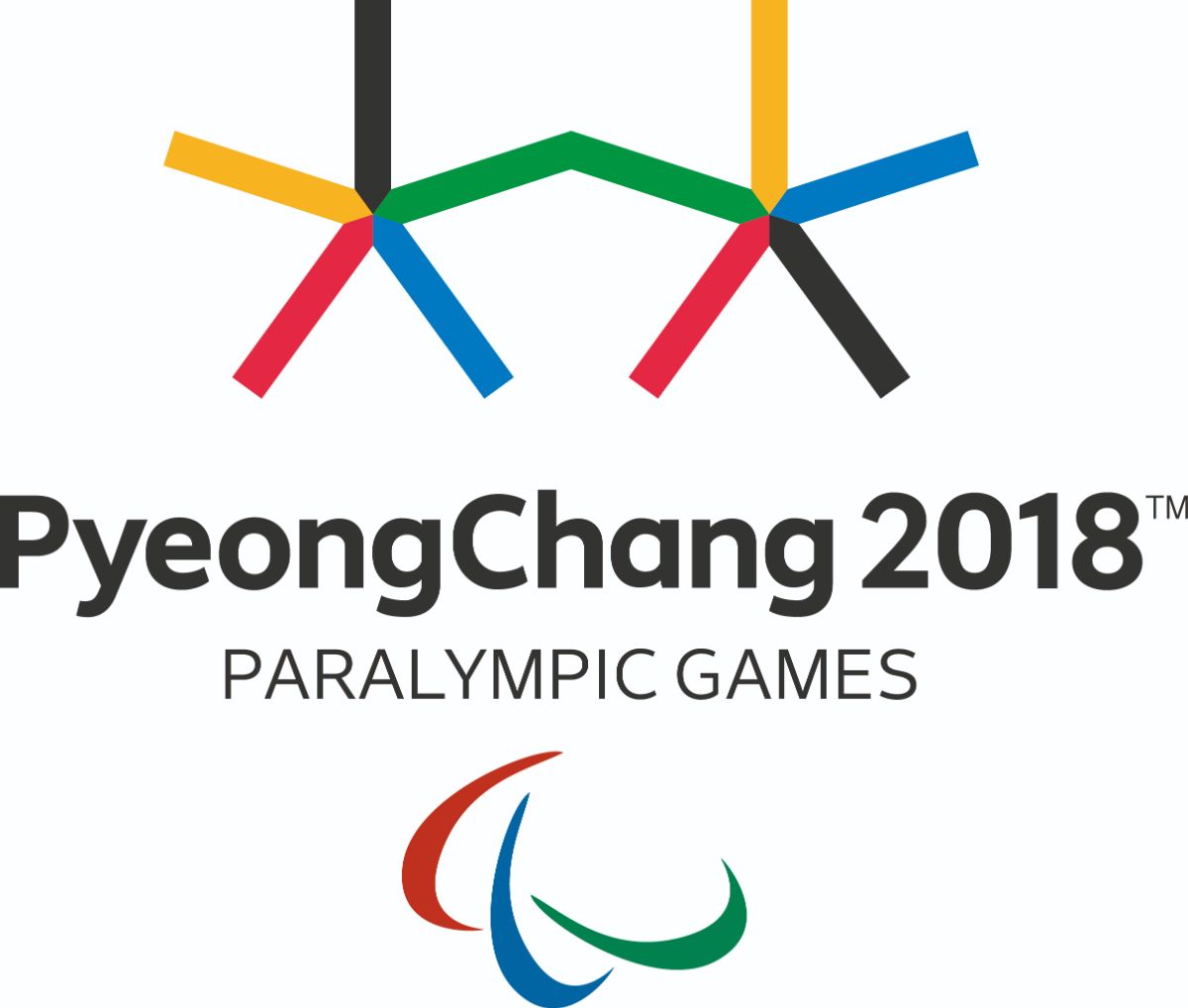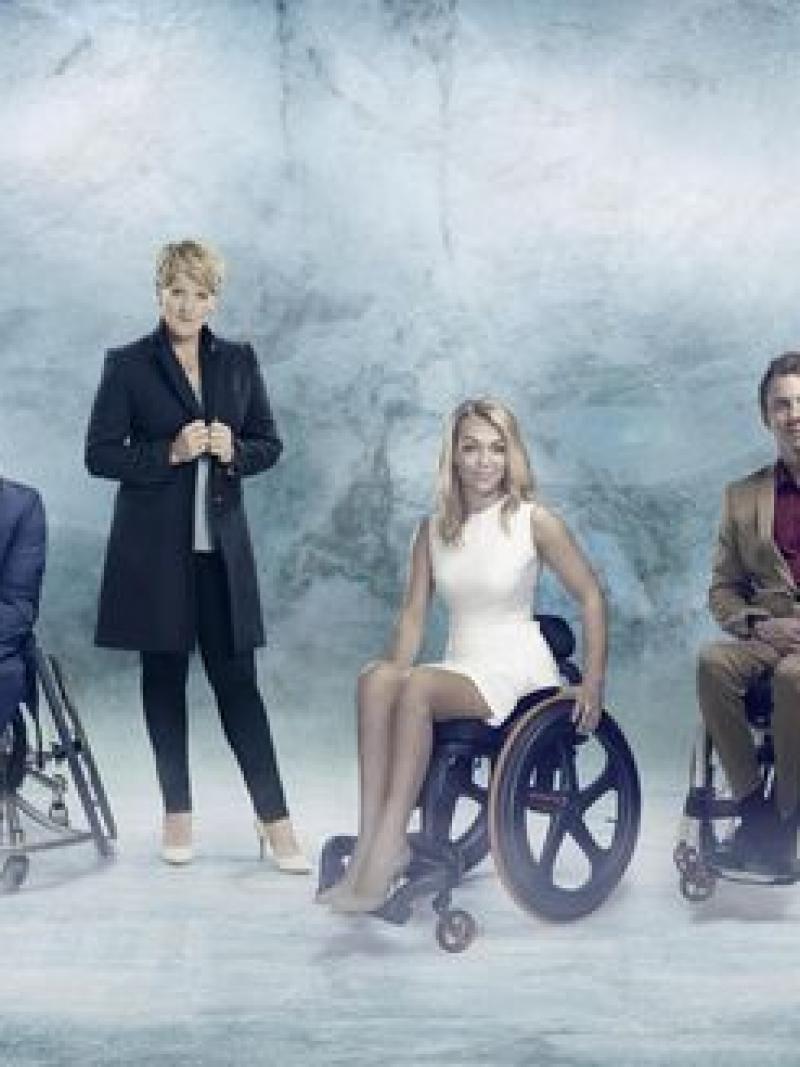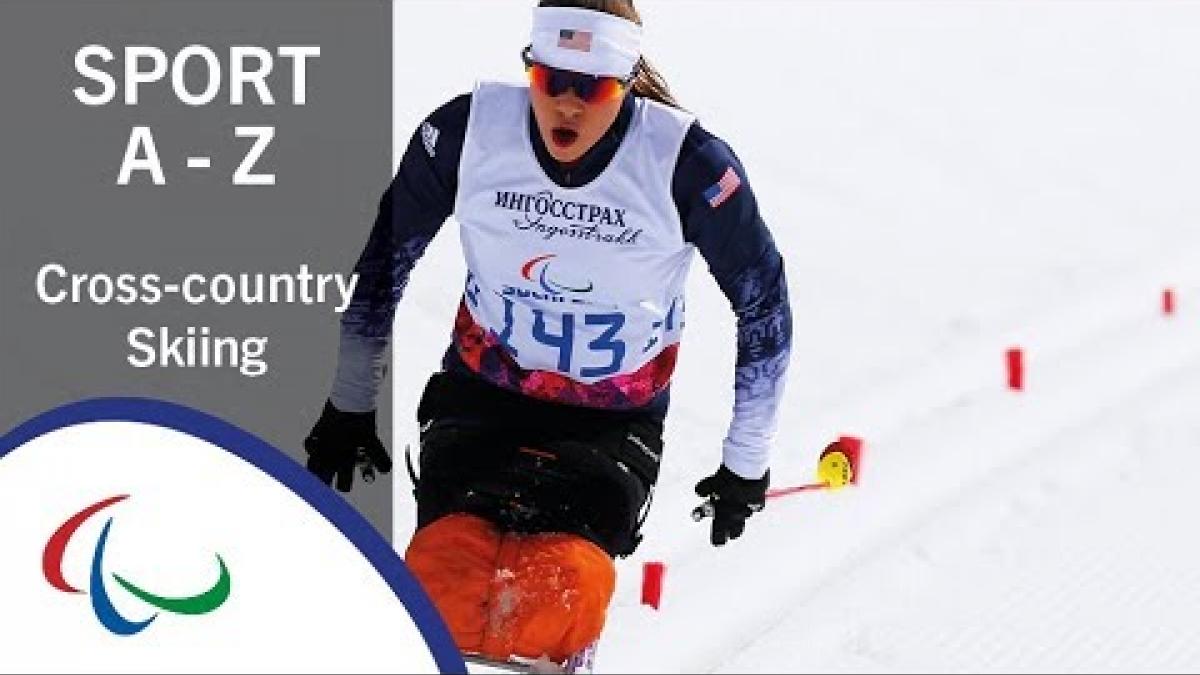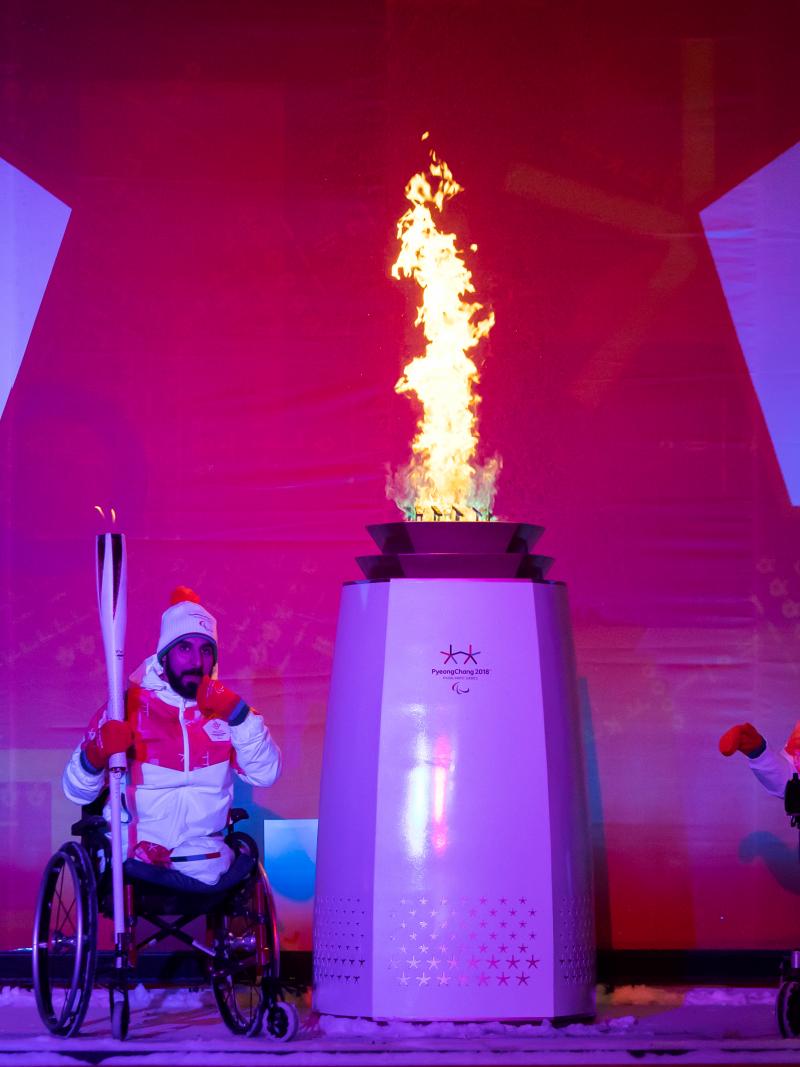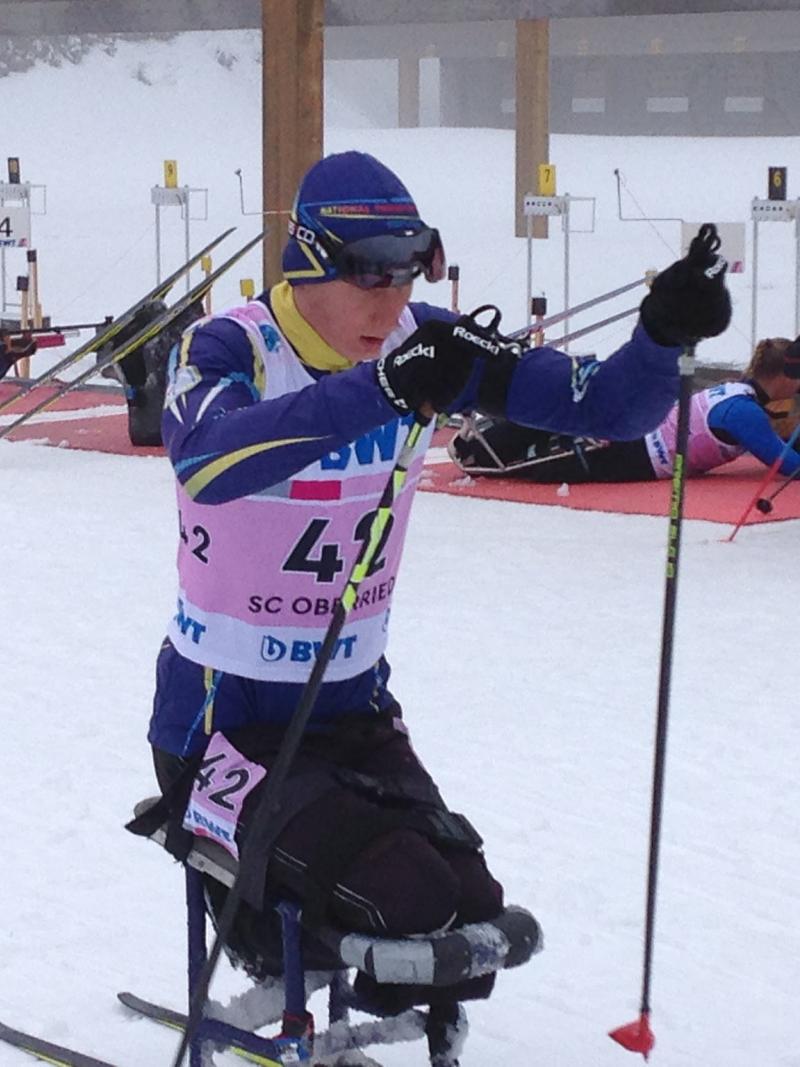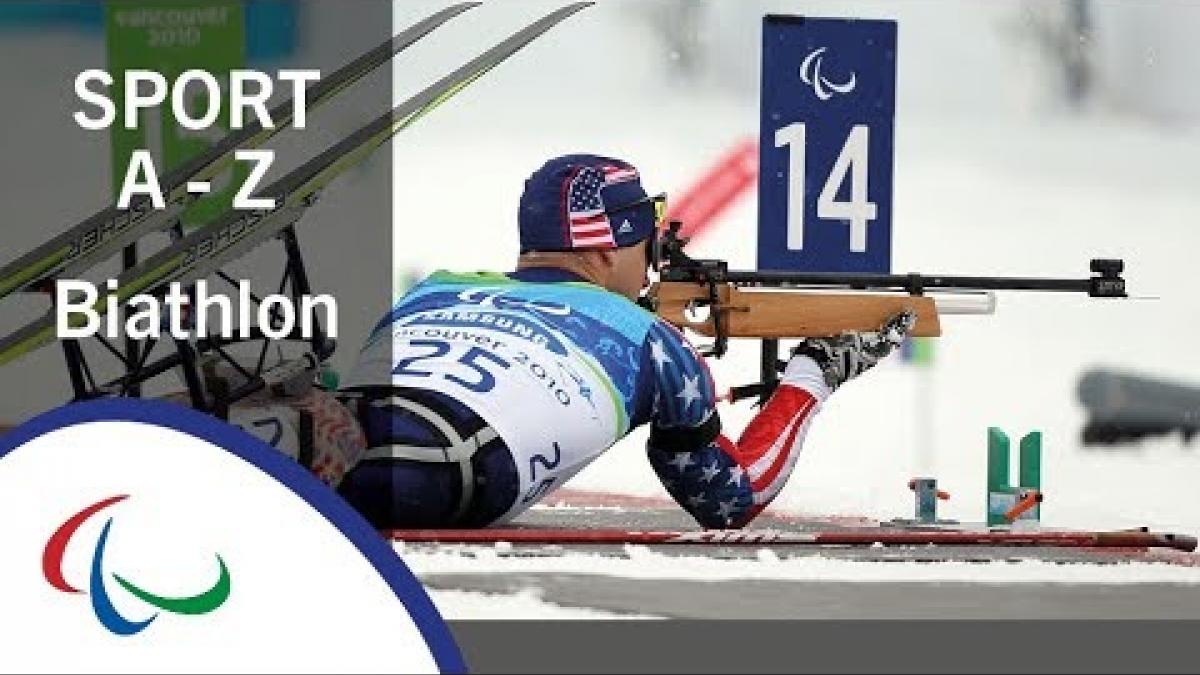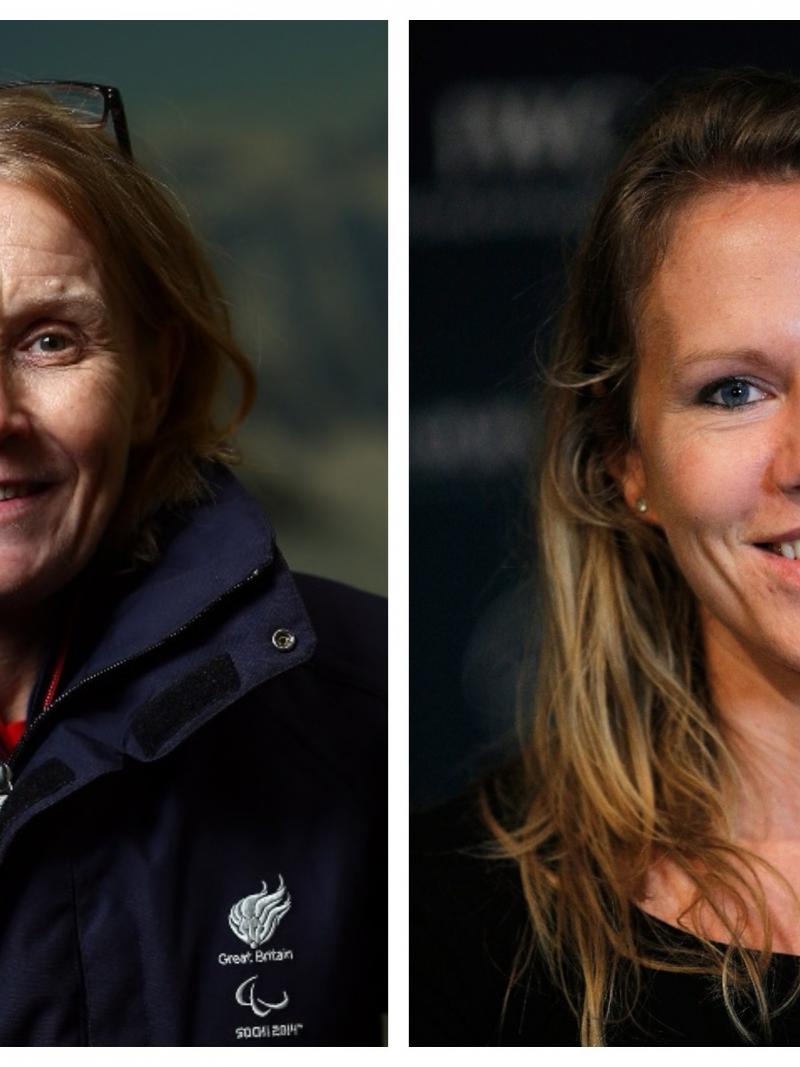IPC completes Vancouver 2010 re-analysis programme
No adverse analytical findings after more than 370 samples are retested 05 Mar 2018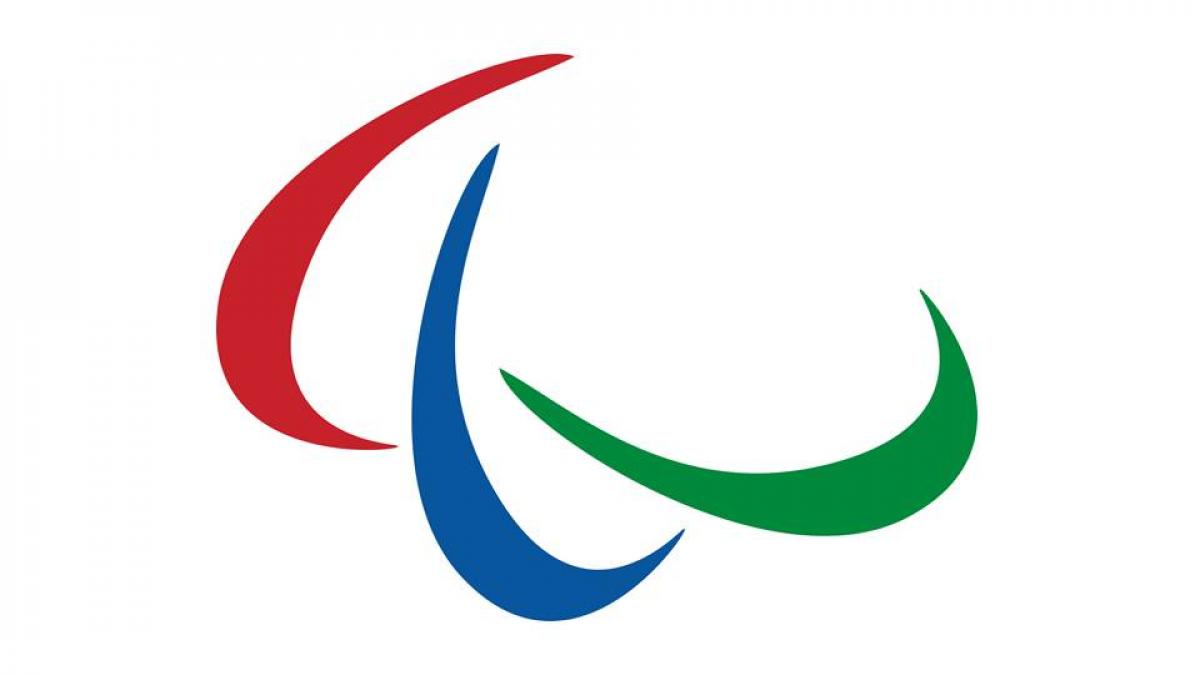
Official logo of the International Paralympic Committee.
"We have implemented our most comprehensive anti-doping programme to date and increased the number of tests we have conducted with winter sport athletes both in and out of competition."
Ahead of PyeongChang 2018, the International Paralympic Committee (IPC) has completed a re-analysis programme of athlete anti-doping urine samples from the Vancouver 2010 Paralympic Winter Games and found no adverse analytical findings.
Out of the 440 blood and urine samples taken from Vancouver 2010, all 370 urine samples (84 per cent of all samples) were analysed ahead of the statute of limitations of the samples collected, expiring March 2018.
With the support of the Institut Armand-Frappier Research Centre in Quebec, Canada, the Vancouver 2010 samples were re-analysed using improved analytical methods, in order to possibly detect prohibited substances that could not be identified by the analysis performed at the time of the Games.
Andrew Parsons, IPC President, said: “The IPC is committed to protecting the interest of clean athletes not just at upcoming events, such as the PyeongChang 2018 Paralympics, but also events that have already taken place.
“Thanks to advances in technology and testing methods, we are now able to detect substances that we could not at previous Games. I am pleased that no athlete samples when re-analysed from Vancouver 2010 returned any adverse analytical findings and am extremely grateful for the work of Institut Armand-Frappier Research Centre for retesting the samples.”
The IPC still has in storage athlete anti-doping samples from the Sochi 2014 and Rio 2016 Paralympic Games. Under the respective World Anti-Doping Codes, the IPC has up to eight years to retest the Sochi samples and 10 years for those from Rio. The IPC is currently awaiting an opportunity to forensically re-examine a number of samples from the Sochi 2014 Paralympic Winter Games.
At Sochi 2014, the IPC conducted 490 tests and there was one anti-doping violation in Para ice hockey.
As part of the PyeongChang 2018 Paralympic Winter Games testing programme, the IPC will conduct 600 tests, a 22 per cent increase on the number of tests that took place during Sochi 2014. These tests will be a combination of blood and urine tests, conducted both in and out of competition.
Parsons added: “In order to try and ensure a level playing field before, during and after PyeongChang 2018 we have implemented our most comprehensive anti-doping programme to date and increased the number of tests we have conducted with winter sport athletes both in and out of competition.
“Last year we doubled our anti-doping efforts in order to complement the activities of National Anti-Doping Agencies and Organising Committees and this focus has continued in 2018.”





